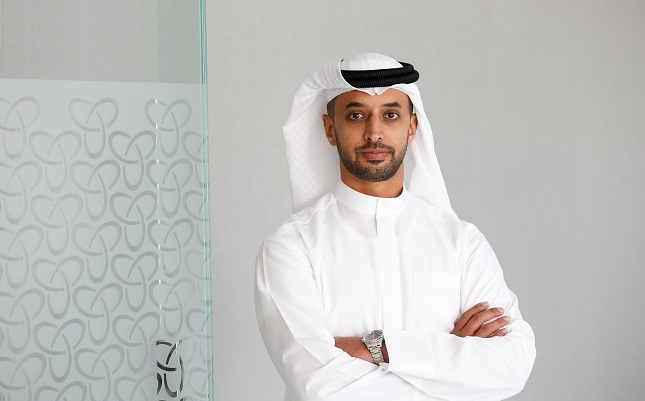KP Chair Comments on PAC Report on Diamond Smuggling Via Cameroon
December 05, 16
(IDEX Online) – KP Chair Ahmed Bin Sulayem says he recognises the findings in a report by Partnership Africa Canada (PAC) detailing the entry of conflict diamonds from the Central African Republic (CAR) into Cameroon.
In response, he is reiterating calls for more dedicated resources to look into and address such issues, he said in a statement.
“We endorse the need for an ‘on-the-ground’ approach in countries which have been subject to sanctions,” said Bin Sulayem. “As a result, this should not be limited to the area of generic policy-setting, but rather, there needs to be a concrete push towards establishing workable structures through which issues can be managed in a sustainable way, such that it allows people in sanctioned countries to continue to make a living without not having to engage in illicit trade to survive. The PRADD (Property Rights and Artisanal Diamond Development) program of the USA is a good example of a hands-on approach, which I witnessed during my visit to the CAR in June this year. In the same spirit, we have constantly been advocating for the establishment of a Permanent Secretariat in the UN for the KP."
The KP Chair confirmed that the issue of conflict diamonds crossing into Cameroon is an issue that the CAR Monitoring Team - of which PAC is a member - is aware of and has been investigating for several months. With the scheduled upcoming Review Visit to Cameroon, the KP Chair encourages its participants to study the considerations brought forward by the PAC report in a constructive way, but at the same time, to recognise the realities on the ground.
"As the PAC study correctly notes, the actual rough diamond production of Cameroon is extremely small; 250 carats per month on average over the last three years,” Bin Sulayem said. “The larger picture is, of course, the illicit trade coming from CAR. In particular, when we consider that 1 out of 4 people in CAR live directly or indirectly from mining diamonds, we must ensure that we are not inhibiting or starving a population by making rules, procedures and guidelines that will prevent them entirely from being economically active."
According to the KP Chair, this is an issue, in particular, that was made clear by members of Civil Society of the Central African Republic who attended the 2016 KP Plenary in Dubai: including Placide Ngombe, President of the Organisation Centrafricaine pour le Développement Durable (CAR); Regina Toguera, President of ‘Mines Arts et Ressources Centrafricaines’ (MARCA) and a member of the KP Follow-Up Committee in Berberati; Ruth Laoubaï, Head of Programmes and Projects at the Association des Femmes Centrafricaines pour le Développement Durable (AFCADD).
"One of the biggest problems we have seen relates to the rehabilitation of countries that had previously been found to be non-complaint. We have seen first-hand that the road back to normalization and re-entry into the KP takes too long and is very complex. In the case of CAR, it was a year between the announcement in Luanda in June 2015 that diamond exports could be resumed, and [when] the first parcels of KP certified diamonds left the country. This kind of a delay in countries like CAR has a substantial impact on the local economy. It was through my visit here and in other countries across Africa, where we heard heart-breaking testimonies of the people witnessing daily difficulties that encouraged us to take bolder steps and plead for institutional infrastructure to prevent these types of issues from happening again."
The KP Chair confirmed full agreement with the PAC study recommendation to the governments of CAR and Cameroon to revoke the trading licenses of individuals and companies that engage in any illicit trade; to make sure that the channels of authorised exports from compliant Zones are used to bring the CAR back to normalization; and to hold to account those who, until now, have been able to operate with impunity.
In the case of the Cameroon-CAR issues, the KP Chair highlighted resolution number 6 of the KP 2016 Plenary Final Communique, which calls for the establishment of a Permanent UN Secretariat to address these types of cases.
“As KP Chair, we hope that the first steps towards the implementation of this KP Permanent Secretariat can be carried out under our successor, Australia, and we continue to look forward to being actively engaged in this process and pledge to support in any way we can within our mandate," Bin Sulayem concluded.